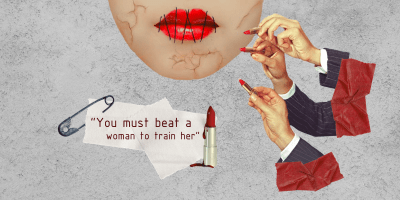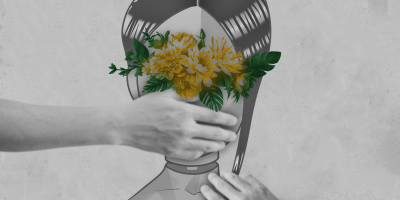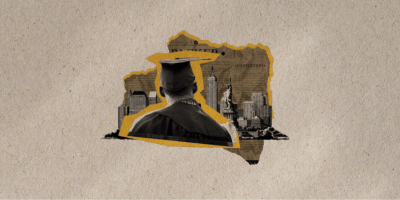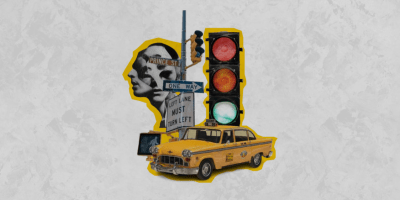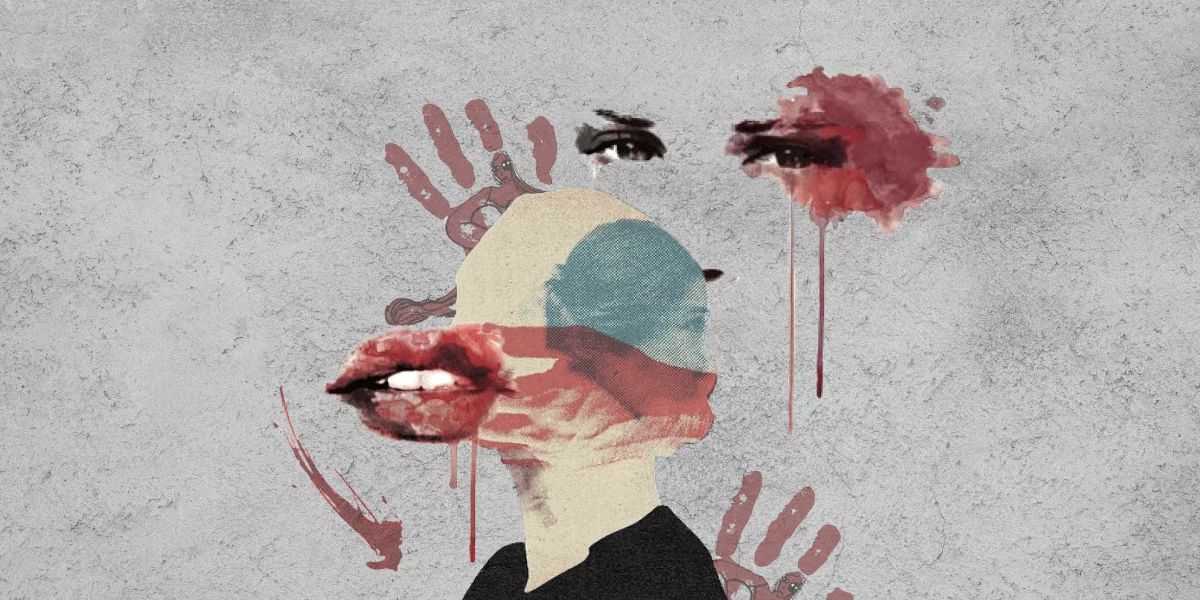
8.9% of Armenian women get subjected to physical violence, 25% to psychological violence, 3.3% report being subjected to sexual violence, and 61.7% report being subject to some type of controlling behavior, according to findings by the OSCE.
All of these are the forms in which domestic violence manifests itself in Armenian families, not only causing traumatic experiences for women in Armenia but also questioning fundamental concepts as their biological and psychological rights and security.
The Women’s Support Center is one of the organizations fighting for the prevention of domestic violence in the country, empowering and assisting female victims. It helps influence changes in the state’s policies on combating domestic abuse.
Founded in 2010 by feminist activists and community leaders dedicated to preventing domestic violence, the Women’s Support Center (WSC) aims to create an environment where women and girls are protected, secured, and nurtured.
Besides assisting over 300 women annually, the center also has programs for training social workers in the field of domestic violence, police officers and compulsory law enforcement personnel.
“Because of the training, the police system has improved its services. But there is a strong need for procedures to be internally adopted by the police to assist the victims better,” says Maro Matosian, the center’s founder. According to her, the police system in Armenia works “very poorly” regarding domestic violence case recordings. So when the center assists the victims in pressing charges, “the inspector’s office closes the case because it doesn’t have enough evidence,” she adds.
Matosian mentions another problem related to case recording. The judgments on cases in courts fall under the battery or other violations but not as domestic violence cases. That is caused by the issues present in the Armenian judicial system that doesn’t recognize domestic violence as a criminal offense in the country’s Criminal Code.
According to the OSCE, laws in the Republic of Armenia don’t provide for criminal liability in cases of regular familial abuse as long as it doesn’t escalate into hooliganism. And because the Criminal Code lacks specific regulations regarding domestic violence cases, they are considered within the remit of general criminal procedures.
Matosian believes that despite including “some aspects of criminalization of the violence against women” in the new criminal law, such factors as the duration of the abuse and its intensity are overlooked.
“The most important thing is to have proper legislation first of all and then to develop procedures to implement this legislation,” Matossian adds.
As reported by the OSCE, the Strategic Action Plan to Combat Gender-Based Violence introduced by the Armenian government intended to provide some financing services to NGOs. Still, as of 2013, the state has yet to make specific budgetary proposals to achieve that goal.
However, Matosian revealed that with the adoption of one domestic violence law in 2019, the government has become obliged to support and subsidize the domestic violence centers in all regions. They have two shelters for victims of domestic violence, but these shelters only cover about 10% of their expenses. Nevertheless, the support they receive is still significant and has helped to improve the availability of aid for domestic violence victims in the area.
According to the WSC’s social worker in Shirak province, Lilit Muradyan, “The center is not fully financially independent yet and operates by relying on international and local donors.”
To find support and inform people about the center’s activity, WSC cooperates with volunteers. It organizes fundraising and awareness-raising events and special workshops, which positively affect the reporting of domestic violence cases in the center and its branches.
“Year after year, the number of cases that we assist increases and other domestic violence support centers have also noticed increasing cases. I think after the war, the cases have increased because some veterans come back with depression and PTSD,” mentions Matosian.
Everyone has a role to play in addressing the issue of domestic violence. Unless the perpetrators of domestic violence are held accountable for their actions, society will not recognize the seriousness of the crime. As responsible citizens, we can make our community safer for women by promoting healthy relationships and raising awareness about the issue.

